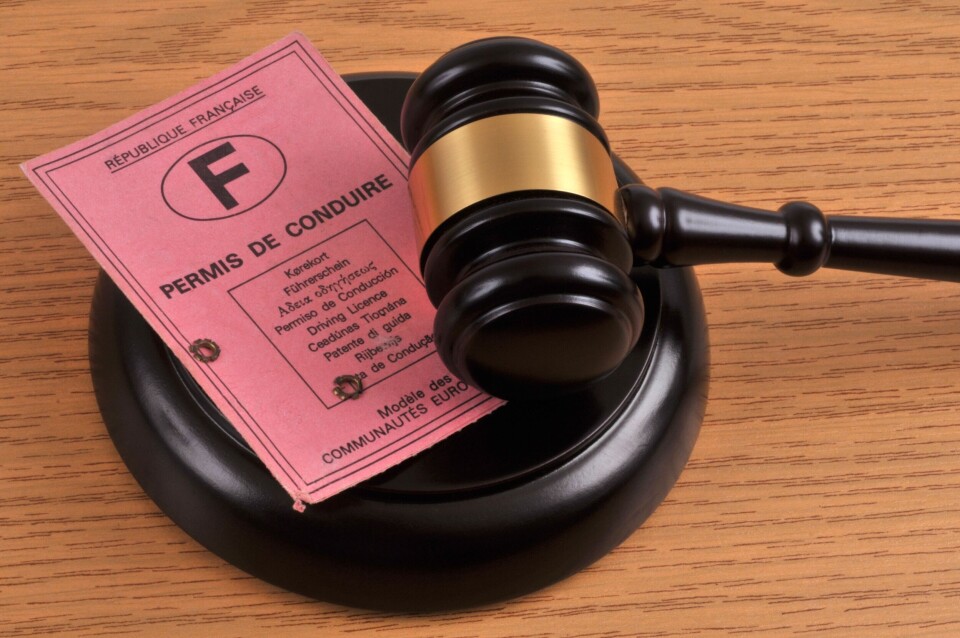-
Loire vineyard invites Taylor Swift to visit after documentary cameo
Disney+ documentary puts family vineyard in the international spotlight
-
39 bombs wash up on Gironde beach following World War Two bunker collapse
Shells were defused by experts but prefects warn others may remain
-
French airports request EES rollout suspension this summer
Risk of congestion feared if April full deployment of system for all eligible passengers takes place
Drug- and drink-drivers in France could face longer prison sentences
It comes after several high-profile accidents, including one which saw three police officers killed near Lille

Causing death while driving under the influence of drink or drugs could soon be punishable by tougher jail terms, depending on the results of a new study.
After three high-profile cases, there have been calls to create a new crime of homicide routier.
At present, drivers causing death are tried for a délit of homicide involontaire (manslaughter) which usually has a maximum sentence of five years’ prison and a €75,000 fine.
This may rise to seven years and €100,000 if there is an aggravating circumstance such as being drunk, or to 10 years and €150,000 for two or more such as being uninsured or fleeing.
An inter-ministerial group will study the issue this month.
Spotlight on sentencing after high profile accidents
In May, three police officers were killed near Lille while taking a teenager to hospital. A car travelling on the wrong side of a dual carriageway smashed into them.
The driver, who also died, had been smoking cannabis and drinking.
The same month, a six-year-old girl on the pavement was run over and killed by a driver under the influence of cannabis.
In an earlier case, comedian Pierre Palmade crossed a white line and crashed into another car, killing a pregnant mother and injuring members of her family. Palmade was under the influence of cocaine.
Read more: Calls for harder line on drug driving after French actor’s crash
Campaigner says judges already have the power
Road safety groups have long campaigned for offences that cause death through dangerous driving, or from driving under the influence of drink or drugs, to be deemed a crime, where maximum sentences from 15 years to life can be imposed.
However, Dominique Courtois, president of Fédération Nationale des Victimes de la Route, said: “It is no good just raising the maximum sentence when judges do not apply the penalties that already exist.
“Currently, with all possible aggravating factors taken into account, judges could send someone to jail for 10 years but it never happens. Most of the time, people walk free.”
Related articles
Judges do consider dashcam evidence, says top French motoring lawyer
Cocaine-related A&E admissions in France soar
Drivers in France may no longer lose points for low-level speeding
























